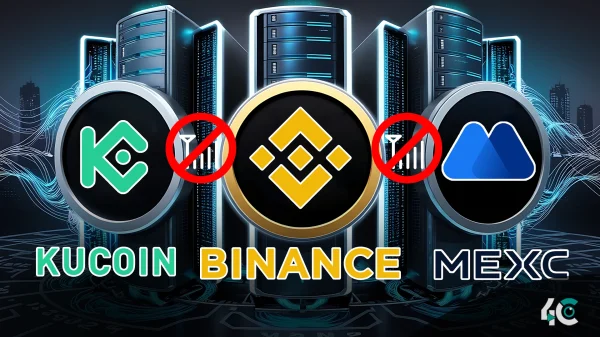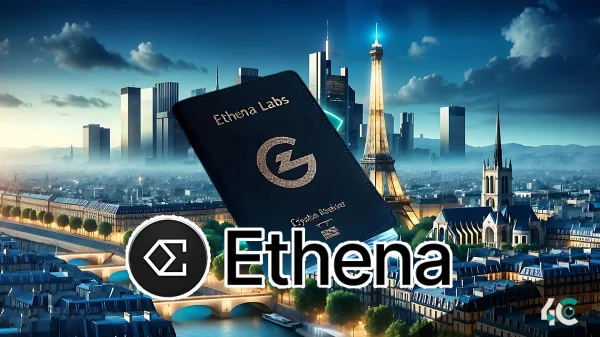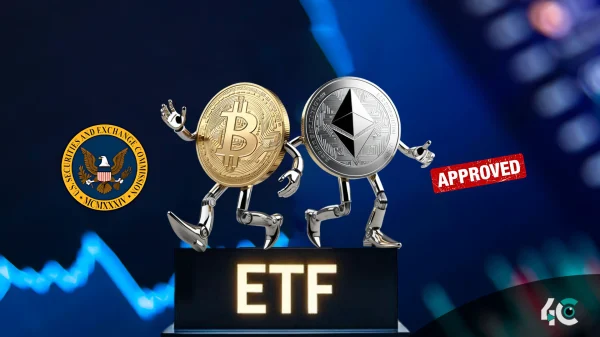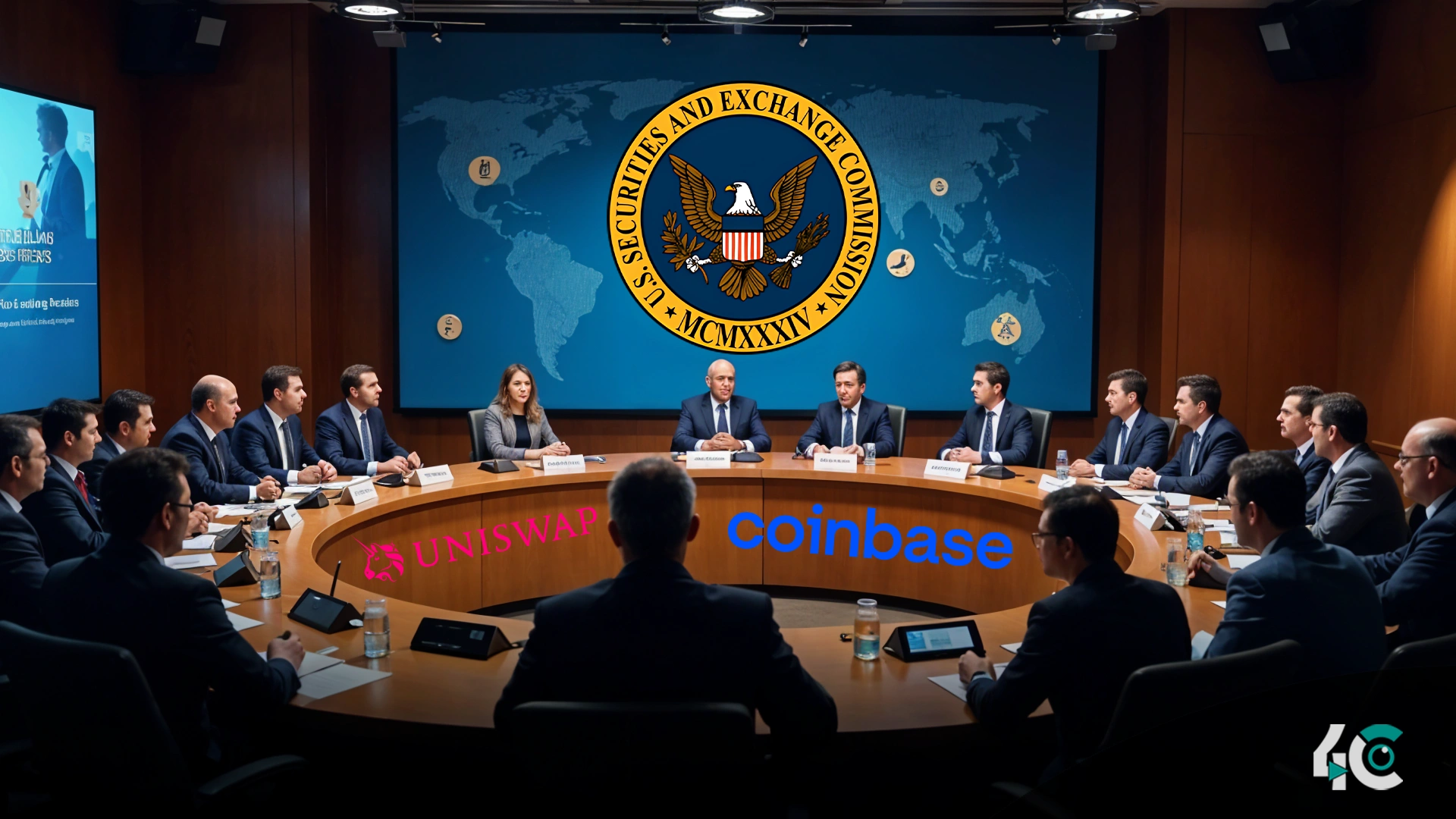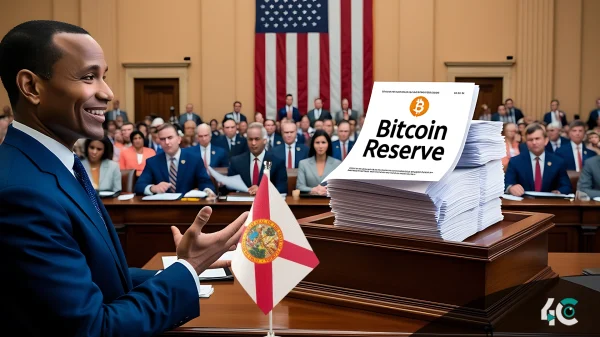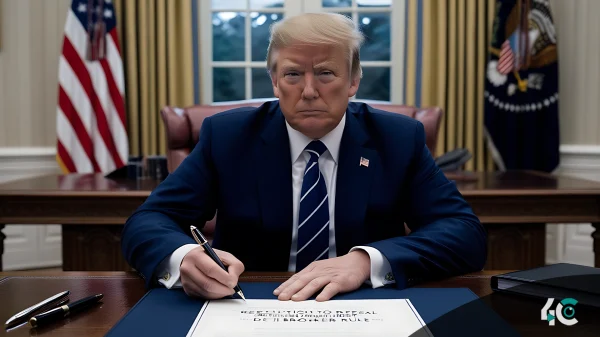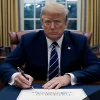The U.S. SEC is now taking an approach of collaboration. On April 11, the Securities and Exchange Commission (SEC) is holding a roundtable meeting where top executives from some of the major crypto firms, such as Uniswap, Coinbase, and Cumberland DRW, will attend. The event shows how the agency is becoming more keen to discuss and talk to the crypto industry as it has changed its stance on regulation.
The roundtable, titled “Between a Block and a Hard Place: Tailoring Regulation for Crypto Trading,” is a five-part series of the SEC’s Crypto Task Force. This collaboration aims to narrow the gap between the regulators and innovators of the digital asset space, unlike the earlier initiatives that involved many lawsuits and investigations.
Some of the important names include Katherine Minarik from Uniswap Labs, Gregory Tusar from Coinbase, and Chelsea Pizzola from Cumberland DRW. These companies were previously involved in legal conflicts with the SEC that were dismissed, involving either civil lawsuits or investigations. As a result of their involvement, the SEC’s posture has shifted from confrontational to cooperative. It shows this regulatory agency is willing to work with industry players.
The New York Stock Exchange, FalconX, and Texture Capital are among the invited companies. Experts in regulation and law will also take part in the discussion, indicating their readiness to work together. Nicholas Losurdo, a past advisor to the SEC, will lead the event, while an attendance of current officials at the SEC will provide regulatory perspective, including the Acting Chair Mark Uyeda and Commissioners Caroline Crenshaw and Hester Peirce.
The SEC is undertaking the “Spring Sprint Toward Crypto Clarity” roundtable series as part of a larger effort to evaluate its current crypto-regulatory framework. The new direction is consistent with President Trump’s deregulation executive orders and guidance from the new Department of Government Efficiency reviewing past staff statements about the new assets. The SEC is looking at old guidelines on whether crypto sales are investment contracts, as well as warnings about the risks of Bitcoin futures and crypto fund exposure.
The aim of these reviews is to update regulatory language and align with the SEC’s changing priorities, which suggests a more practical and less combative stance. The SEC wants to do a delicate balancing act between innovation and investor protection for the future in crypto.
As there will be more roundtables in the future to discuss matters regarding custody solutions, tokenization, and DeFi, matters could shape U.S. policy. The SEC seems intent on developing regulations through collaboration instead of depending on enforcement action alone. This may contribute to a better relationship between regulators and the crypto industry.
The SEC seems willing to work with various stakeholders across the crypto space to create a comprehensive regulatory framework, replacing a mere emphasis on enforcement.




